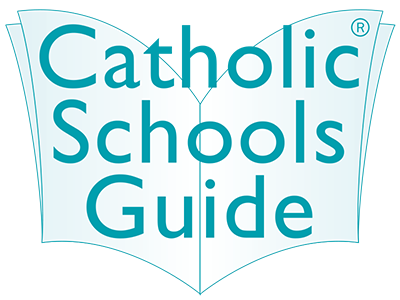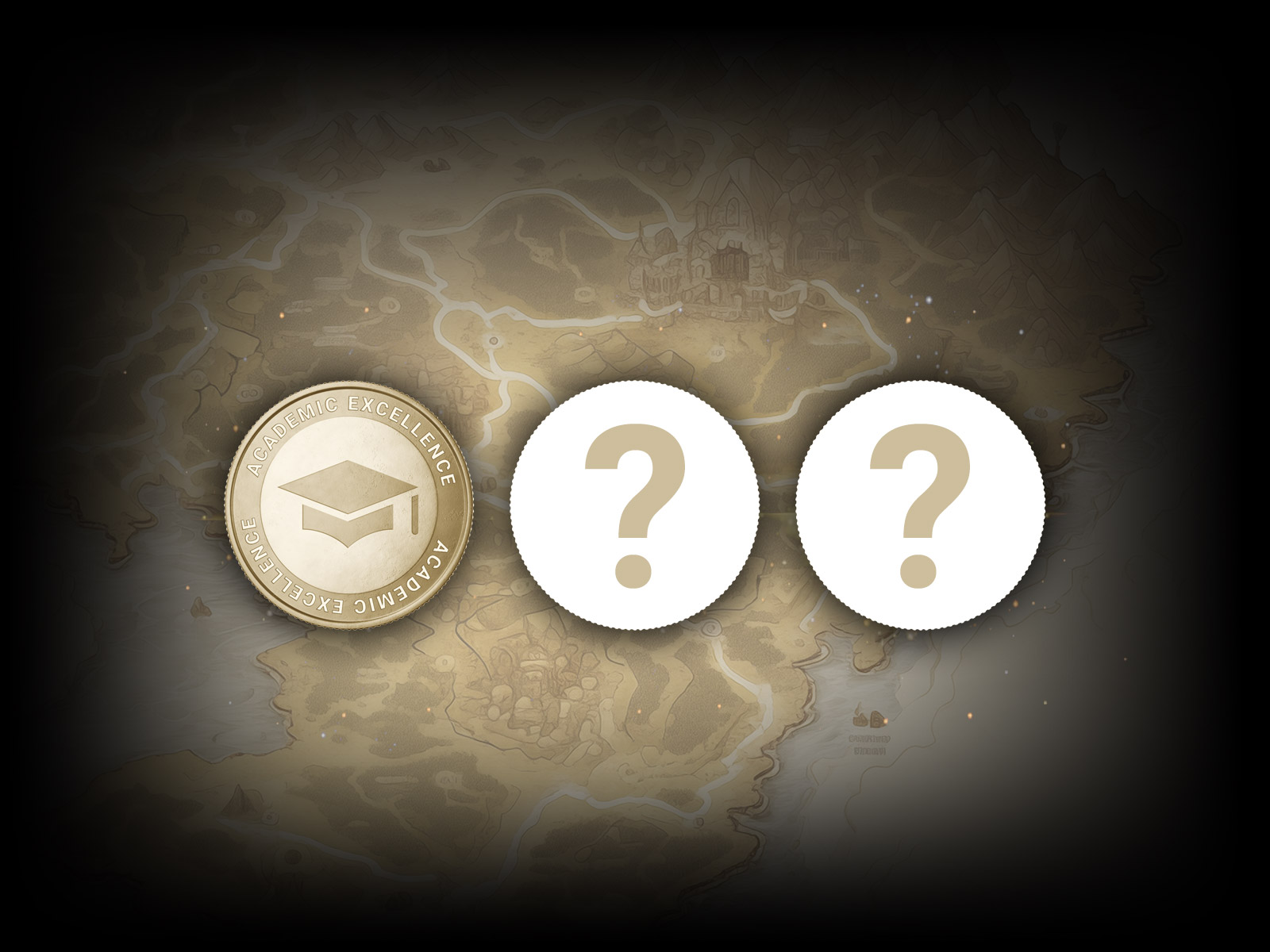News and Media

The need for thought leadership
By Stephen Campitelli, University of Melbourne
Thought leadership is about people using their authority, expertise, experience and knowledge to provide invigoration, inspiration and aspiration to their field. Educational institutions are fundamentally engaged with thought: using ideas, perspectives and theories, which have informed curriculum content, to explore ideas with the young people who form the thought leaders of the generations to follow.
Who better, then, to provide thought leadership than educationalists? And it has never been more needed.
The past three years have proven to be perhaps a bigger challenge to educational institutions than the previous seventy combined. Dealing with remote, locked-down, online education under the stresses of a global pandemic provided more than enough need for leadership from our schools. But let’s frame that within a bigger picture. Students are technologically more savvy than at any other time in human history with access to more computing power in their pocket than their parents had in whole buildings. A social media explosion has meant we are connected in ways that seemed to be science-fiction only two decades ago, and advances in software really have brought meaning and life to the ‘anytime, anywhere’ aspirations of education.
Yet, they all bring increased demands and pressures. Access to almost unlimited information also means exposure to less savoury parts of technology, darker elements of the online world that we may not want our children navigating at all, much less alone. Social media has been a boon to connectivity, but it has also provided a convenient forum for less attractive behaviour. Anytime, anywhere education also brings with it access and contact pressures on staff which simply didn’t exist twenty years ago. Added to this, the fact that children spend on average 6-7 hours at school for up to 13 years of their lives means that the need for leadership in the educational space has never been more present.
Our children and young adults not only need guidance through these challenging spaces, but also with the demands of everyday life. We don’t just want them to be technologically savvy, as comfortable online as off, but also critical and reflective thinkers, curious people who can be interested and interesting, engage in conversations on a range of topics, believe in things, fight good fights, call out oppression and prejudice confidently, and be empathetic and ethical.
It is our schools who are the thought leaders in this space and they are needed more than ever.


